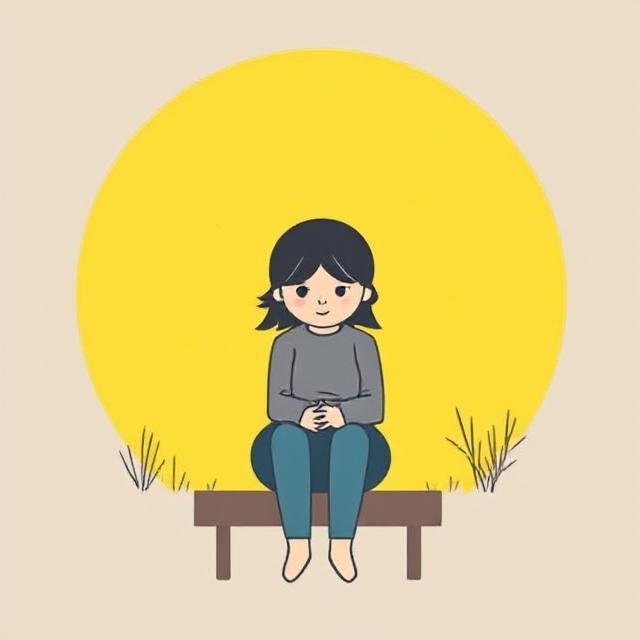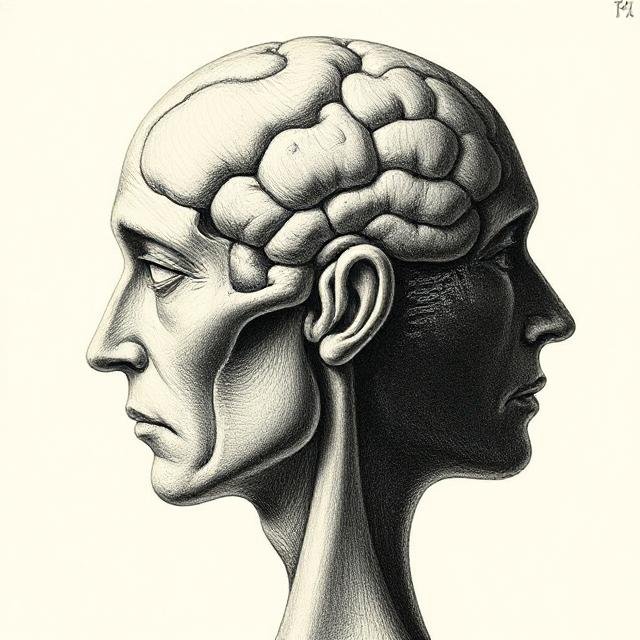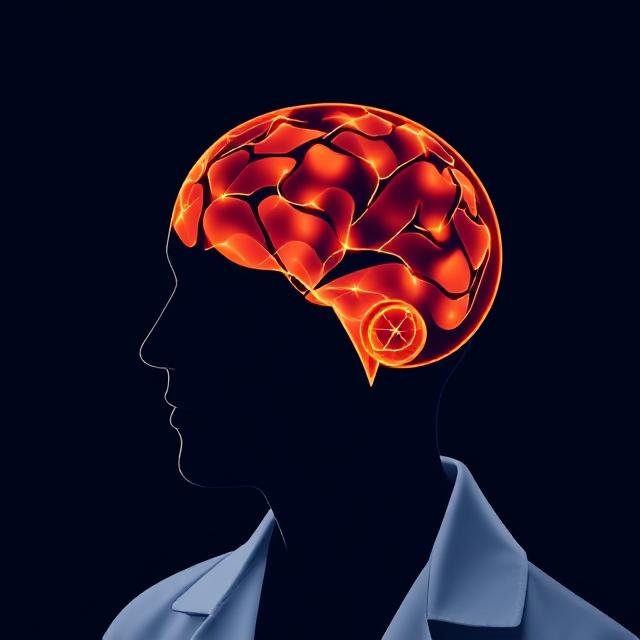What Is Gambling Addiction?
Gambling addiction is a diagnosable mental health disorder listed in the DSM-5 under Substance-Related and Addictive Disorders. Unlike casual or even risky gambling, addiction involves a loss of control, compulsive behavior, and psychological dependence on gambling for mood regulation or escape.
According to the National Council on Problem Gambling, about 1–3% of adults in the U.S. are estimated to experience gambling problems severe enough to impact their lives.
Top Warning Signs of Gambling Addiction
Recognizing the signs early is crucial. The DSM-5 criteria for gambling disorder include at least 4 of the following signs within a 12-month period:
- Increasing wagers to feel the same thrill
- Restlessness or irritability when attempting to reduce or stop
- Repeated unsuccessful attempts to quit
- Preoccupation with gambling (thinking about past wins, planning the next bet)
- Gambling to escape stress or emotional distress
- Chasing losses (trying to win back money lost)
- Lying to friends or family to hide gambling behavior
- Risking relationships, career, or education
- Relying on others for financial bailout
Even a few of these signs can signal problematic gambling behavior that needs intervention.
Emotional and Behavioral Red Flags
Psychological Indicators:
- Mood swings, anxiety, or depression
- Guilt or shame after gambling
- Loss of interest in hobbies or family time
Behavioral Patterns:
- Borrowing money or maxing out credit cards
- Frequent visits to casinos, online betting platforms, or lottery outlets
- Lying about money or “missing” funds
Social Consequences:
- Isolation from friends or family
- Conflicts with partners over finances or trust
- Problems at work or dropping grades in school
How Gambling Affects Your Brain
Problem gambling hijacks the brain’s reward circuitry, particularly the dopaminergic system—similar to how drug addiction functions.
When you gamble, the brain releases dopamine, which reinforces risky behavior. Over time, the brain becomes less responsive, requiring greater risk to achieve the same “high.”
Research from 2024 in the Journal of Behavioral Addictions confirms that impulsivity, reward anticipation, and stress are the strongest neurological predictors of gambling disorder.
Who Is at Risk?
Gambling addiction can affect anyone, but certain factors increase vulnerability:
- Genetic predisposition (family history of addiction)
- Mental health disorders (depression, ADHD, bipolar disorder)
- Substance abuse history
- Early exposure to gambling (especially before age 18)
- High-stress lifestyles
- Easy access to betting apps or casinos
Men are statistically more likely to develop gambling disorders, but women are catching up rapidly due to the rise of online gambling platforms.
When to Seek Help
If gambling has caused significant disruption in your emotions, relationships, or finances, it’s time to consult a mental health professional.
Treatment Options:
- Cognitive Behavioral Therapy (CBT): Targets irrational thoughts related to gambling
- Medication: SSRIs or opioid antagonists may reduce urges
- Support groups: Gamblers Anonymous (GA), 12-step programs
- Self-exclusion tools: Ban yourself from apps or casinos
- Financial counseling: Rebuilding credit and managing debt
Early treatment is linked to better recovery rates and fewer relapses, per the American Psychiatric Association’s 2024 clinical guidelines.













